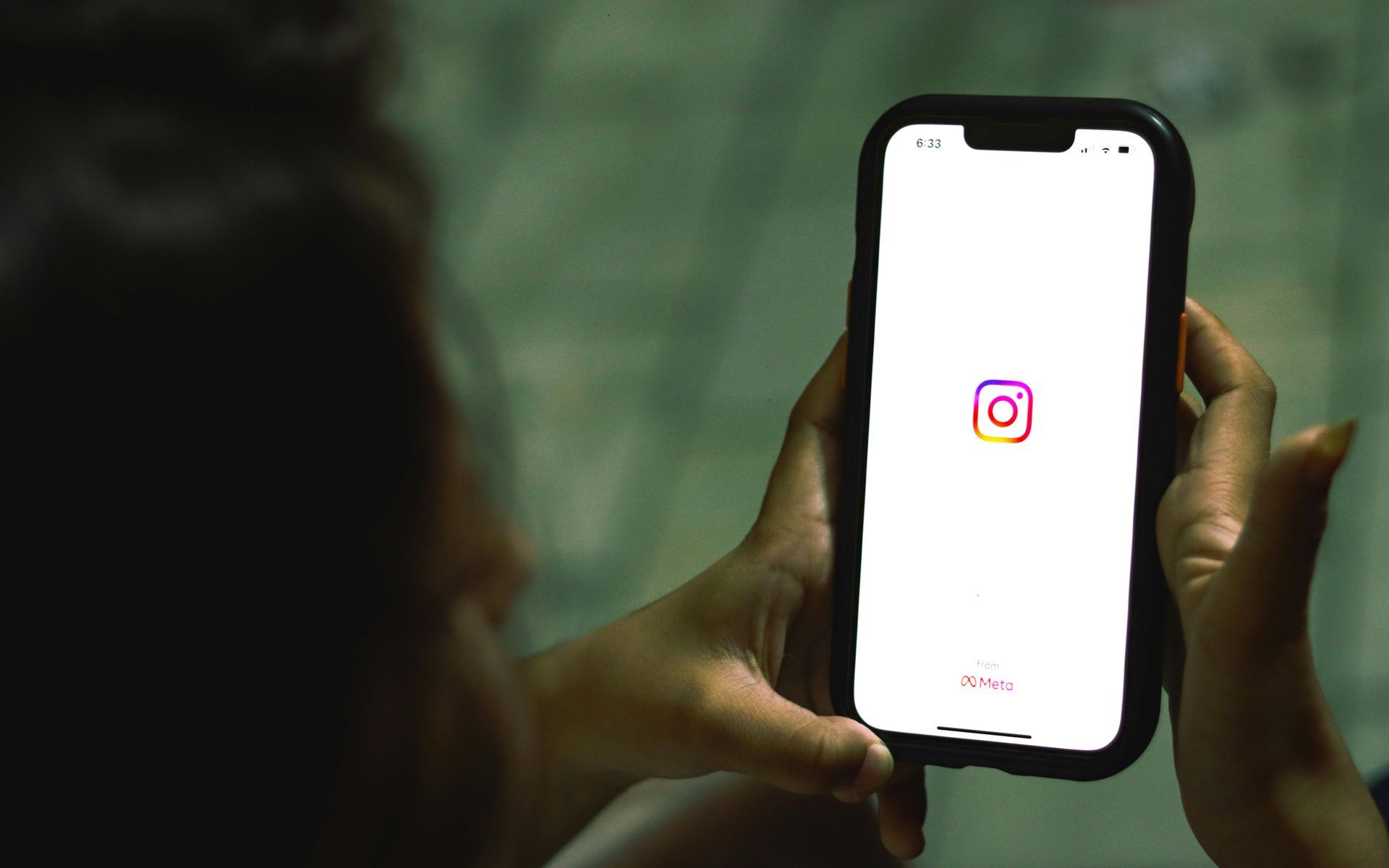How SMS Reminders Improve Patient Adherence in the DME Industry
How SMS Reminders Improve Patient Adherence in the DME Industry

For patients who rely on durable medical equipment (DME) to manage chronic conditions or maintain their quality of life, staying on track with treatment plans is critical. However, many patients struggle with adherence due to forgetfulness, busy schedules, or a lack of clear communication. This can lead to missed reorders, improper equipment usage, and ultimately, poorer health outcomes.
Enter SMS reminders—a simple yet powerful solution that can revolutionize how DME providers engage with patients. By sending automated text reminders for reordering supplies, performing maintenance, or using equipment correctly, SMS helps patients stay compliant with their treatment plans and improves overall outcomes.
Let’s explore how SMS reminders can transform patient adherence in the DME industry.
1. Timely Reorder Reminders to Prevent Gaps in Care
One of the biggest challenges in the DME industry is ensuring patients reorder supplies on time. Running out of critical items like CPAP filters, diabetic test strips, or mobility aids can disrupt treatment and compromise health.
SMS reminders eliminate this problem by proactively notifying patients when it’s time to reorder.
Example SMS Reminder:
“Hi Alex, it’s time to reorder your CPAP supplies. Click here to place your order: [link]. Don’t wait—supplies are limited!”
By making the reorder process simple and timely, patients are less likely to experience gaps in their care.
2. Encouraging Proper Use of Medical Equipment
Adherence isn’t just about having the right supplies—it’s also about using equipment correctly. Many patients need periodic reminders to follow usage guidelines or perform maintenance to ensure their equipment functions effectively.
Examples of SMS Reminders for Equipment Usage:
- “Hi Sarah, remember to clean your CPAP mask weekly for optimal performance. Click here for cleaning tips: [link].”
- “Hi John, don’t forget to calibrate your glucose meter today. Reply ‘HELP’ if you need assistance.”
These reminders not only support adherence but also help prevent complications or equipment malfunctions.
3. Reducing the Burden on Caregivers and Providers
For patients who rely on caregivers or frequent check-ins with healthcare providers, SMS reminders can ease the burden of managing treatment plans. Automated messages reduce the need for manual follow-ups, freeing up time for caregivers and DME staff.
How it helps caregivers and providers:
- Ensures patients stay on track without constant oversight.
- Reduces phone calls and paperwork for staff.
- Improves patient satisfaction by providing convenient communication.
By streamlining these processes, SMS makes adherence a collaborative effort that benefits everyone involved.
4. Boosting Patient Engagement with Personalized Messaging
Personalized SMS messages help patients feel supported and understood, which increases their likelihood of adhering to treatment plans. Addressing patients by name and tailoring messages to their specific needs creates a more engaging experience.
Example of Personalized SMS:
“Hi Emily, your diabetic supplies are due for replenishment. Order now to ensure you have what you need: [link].”
This level of personalization fosters trust and strengthens the relationship between patients and their DME providers.
5. Improving Health Outcomes Through Better Adherence
The ultimate goal of SMS reminders is to improve health outcomes. When patients consistently reorder supplies and use their equipment properly, they’re more likely to see positive results in managing their conditions.
How SMS impacts outcomes:
- Reduces hospital readmissions by ensuring patients have the supplies they need.
- Improves quality of life by supporting consistent treatment.
- Builds patient confidence in managing their health.
By enhancing adherence, SMS reminders contribute to better long-term health for patients.
6. Offering a Convenient, Patient-Centric Solution
Patients value convenience, especially when dealing with complex health needs. SMS reminders offer an easy, non-intrusive way to stay on top of treatment plans. With high open rates and instant delivery, text messages are an effective communication channel that fits seamlessly into patients’ daily lives.
Why patients prefer SMS reminders:
- Messages are easy to read and act on immediately.
- No need to log into portals or navigate phone menus.
- Works for patients of all ages, including those who may not be tech-savvy.
This accessibility makes SMS an ideal solution for improving adherence across diverse patient populations.
7. Leveraging Data to Optimize Adherence Strategies
SMS platforms often come with analytics tools that help DME providers track engagement and identify trends in patient behavior. By analyzing data like response rates and reorder patterns, providers can refine their reminder strategies for maximum effectiveness.
For example:
- Identify patients who frequently miss reorders and send more targeted reminders.
- Track how many patients respond to SMS links versus follow-up calls.
- Measure adherence improvements over time to demonstrate the impact of SMS initiatives.
Data-driven insights ensure that your SMS campaigns are continually optimized to support better patient outcomes.
Getting Started with SMS for Patient Adherence
Implementing SMS reminders in your DME operations is simple with the right approach:
- Choose a Secure SMS Platform: Ensure compliance with privacy regulations like HIPAA.
- Automate Key Touchpoints: Schedule reminders for reorders, equipment maintenance, and usage tips.
- Personalize Messages: Tailor reminders to individual patients for a more engaging experience.
- Track Results: Use analytics to monitor the effectiveness of your campaigns and adjust as needed.
In Conclusion
SMS reminders are transforming patient adherence in the DME industry by providing timely, personalized, and convenient communication. By helping patients stay on track with reordering supplies and using equipment correctly, text messaging not only improves health outcomes but also enhances the overall patient experience.
Ready to improve adherence and support your patients more effectively? Let Hatch Strategies help you implement SMS solutions that deliver better results for your clients and your business.












